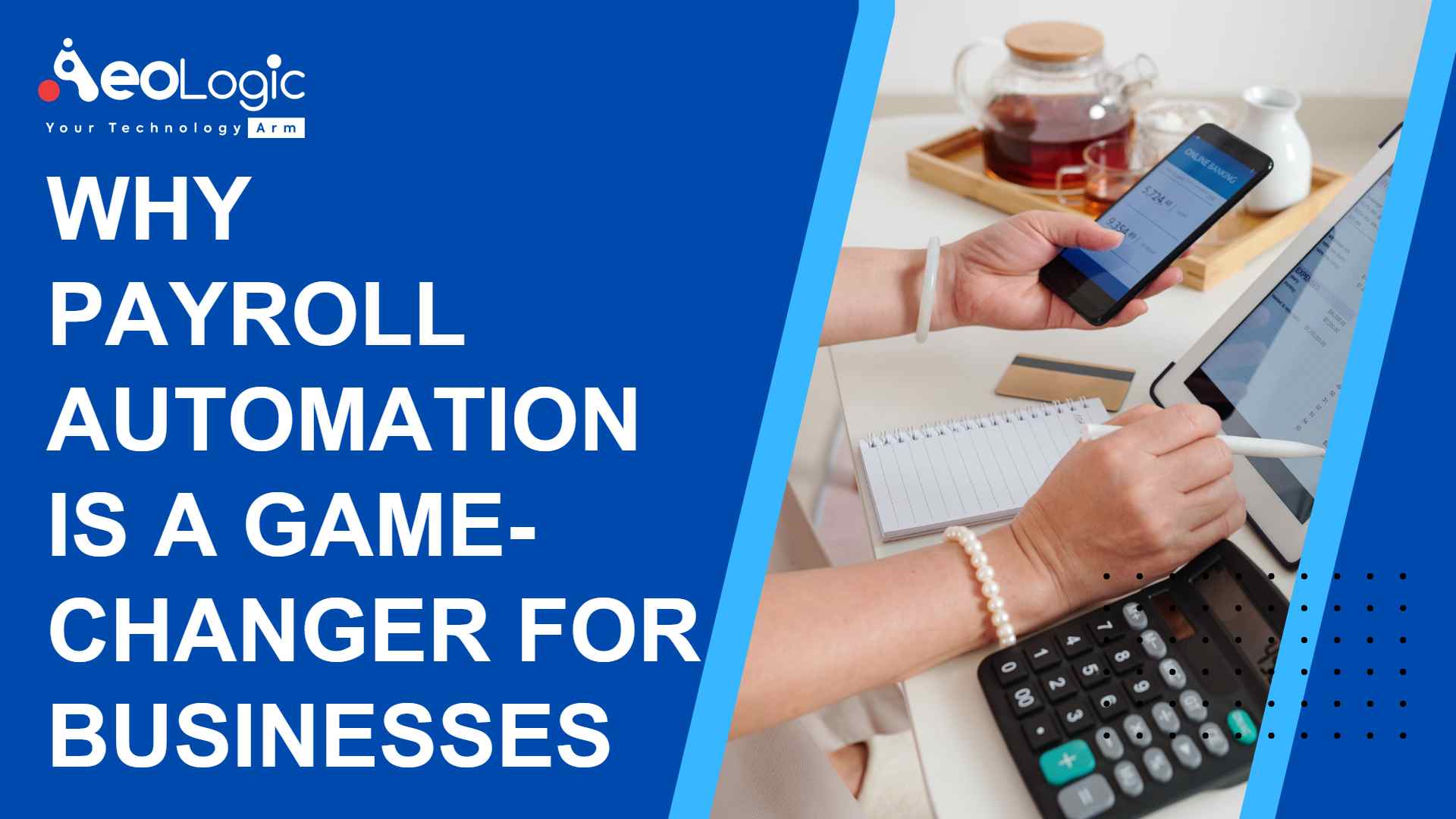The payroll process is a crucial function of any business that is involving the calculation and distribution of employee bonuses, salaries, and other compensation. Usually, the process entails gathering employee information from HR databases. For this purpose, people are integrating payroll automation in businesses. This includes their names, addresses, contact numbers, tax information, and other important data. This also requires employers to track the number of hours worked by their staff.
Furthermore, this data can be gathered manually or through time-tracking software. Once the hours worked are tracked and recorded, the employer is able to calculate the employee’s gross pay. Which is the sum amount earned before any deductions such as state, federal, and local taxes, social security, healthcare, etc. Afterward, the employer can issue paychecks to their staff or directly deposit the net pay into their bank accounts. Employers are required for keeping accurate records of payroll information, which includes hours worked, employee information, gross pay, taxes, deductions, paid, and other information, for compliance and auditing requirements.
Boost your business performance with our automation solutions!
Therefore, people are requiring payroll automation in business as manually it is a time-consuming task. The payroll process can be complicated. Furthermore, there are several challenges that organizations are facing in handling their payroll efficiently. Some of the major challenges are discussed in the sections below.
Also read: The Role of Human Resource Management in Data Protection
Challenges in Payroll Process:
Compliance
One of the major important challenges in payroll processing is compliance with different rules and regulations. Organizations are ought to comply with central, state, and regional laws relevant to taxes, payroll, and benefits. On the other hand, non-compliance will be resulting in penalties and legal concerns.
Changing Regulations
Payroll regulations and laws tend to change often, making it difficult for organizations in keeping up with the present laws, rules, and regulations.
Data Accuracy
Another need for integrating payroll automation in business is that the payroll process involves handling confidential and sensitive employee information. Errors or faults in data entry, calculations, or processing will be leading to compliance issues, incorrect payments, and other issues.
Businesses should be addressing these challenges proactively for making sure of accurate and compliant payroll processing. Automated time and attendance tracking systems, payroll software, employee self-service portals, direct bank deposits, and many more are being integrated by businesses. In order for putting up with the pressure of managing this process in a timely manner as well as accurately. However, these are not proving to be sufficient and efficient for the complex payroll process. Thus, many organizations are adopting payroll automation in business using software-based BOTs.
Benefits of Payroll Automation in Business
- Automating the payroll process will be helping in reducing the probability of errors and miscalculations. Hence, making sure that employees are paid accurately and on time.
- Payroll automation in business will be facilitating organizations to comply with various laws and regulations related to taxes, payroll, and benefits. Compliance can mitigate the risk of penalties, fines, and legal issues.
- Payroll automation can assist organizations in saving money by decreasing the need for manual labor, streamlining processes, and minimizing the likelihood of errors and rework.
- Automation will be saving significant amounts of time by decreasing the demand for manual data entry and calculations. Therefore, enabling payroll staff to focus on more strategic operations.
- Employees can take leverage from payroll automation in business by getting accurate and timely payments. As well as having access to self-service portals for viewing their pay stubs, managing their time-off requests, and updating their personal information.
- Consequently, automation will be providing better visibility into payroll data, enabling organizations to make more informed in-depth decisions about staffing, compensation, and benefits.
Also read: Human Resource Management Challenges and Solutions
Conclusion
Payroll automation in business has indisputable benefits, and businesses that are integrating it may profit from a more accurate, effective, and compliant payroll process. The payroll process for the organization is built more effectively and basic, hence, freeing the HR team to focus on other important activities.
Talk to our industry experts to know more about it!
FAQs
What is the benefit of implementing payroll automation in business?
An automated payroll solution will be helping an organization in improving employee satisfaction. That too, by mitigating the amount of time on frequent, repetitive, and manual processes. Furthermore, payroll teams are then free to establish more focus on other value-added tasks, assisting in reducing workload and stress for employees.
What is the purpose of payroll automation in business?
This is where automation is playing a huge role. Payroll automation helps in reducing the human input by streamlining payroll processing integrating software. Payroll automation assists in tasks from creating payroll reports and handling direct deposits to calculating tax withholdings and filing taxes.










